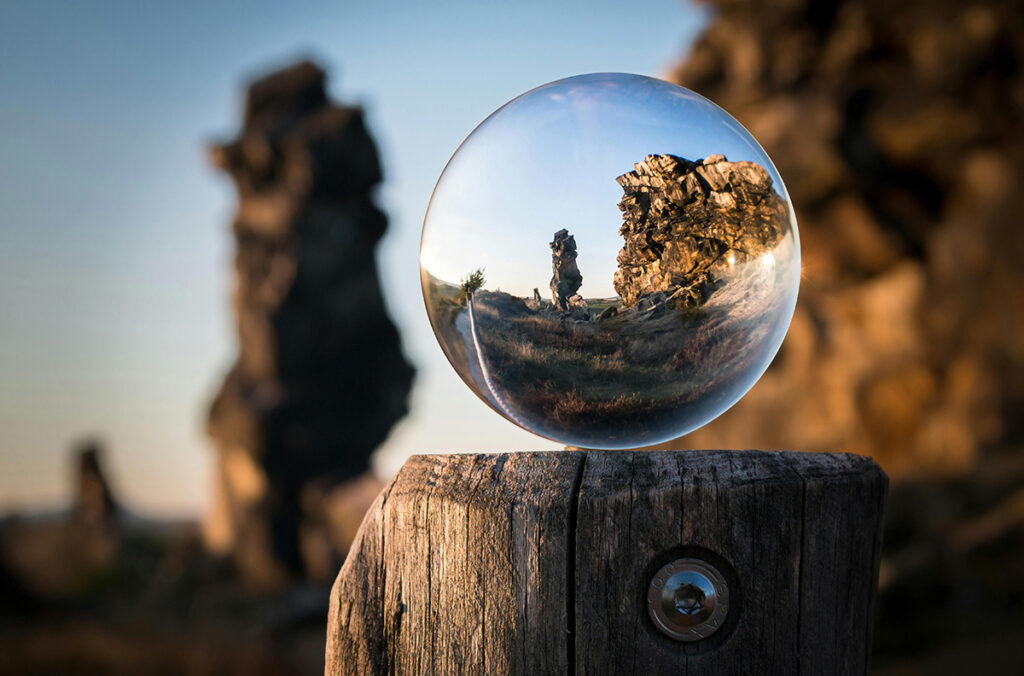I often tell people that I teach perspective. Ten people may see any given situation differently. My job is to help them shift their perspective and consider a different point of view.
The best way I have heard it explained is that you and I could both be looking out the same window. You tell me what you see, I tell you what I see, and we are both right.
I grew up with three very high-achieving siblings who did well in school… but school didn’t feel easy to me. I was terrible at taking tests. In fact, I often say that if the SATs or ACTs determined my success in the future, I’d barely be able to tie my shoes, let alone run my own business.
It wasn’t until a Psychology class in college that I understood that people learn differently. Some people learn by hearing things explained, some by seeing them written out or completed in front of them, and some by actually doing the task.
I realized that I learned best by doing things wrong the first time, and as you can imagine, that doesn’t translate very well into test-taking.
So, for a while, not being smart enough was a belief that I held to be true…
Until one day, I heard the “Maybe Story.” Read the full story here. The idea behind this story is that we, as human beings, label things as good or bad to make sense of them. But what if they are neither good nor bad, and just the next thing for us to become closer to who we were meant to be?
So I started to think about how I learn, and if it is neither good nor bad, then what is it? I realized that accepting that I learned by doing things wrong the first time meant that I wasn’t afraid to try new things… because I knew I had to try a few times before getting it right. And I wasn’t afraid to volunteer to go first because if I was going to make a fool of myself, other people could benefit from my mistakes. Then I thought about how everything in my life that I am proud of goes back to being willing to do things wrong the first time. Something that started as a weakness transformed into one of my biggest strengths.
Nothing about my life needed to change—only my perspective. So, I ask you: If you were to argue that your greatest weakness is also your greatest strength, how would you justify it?

